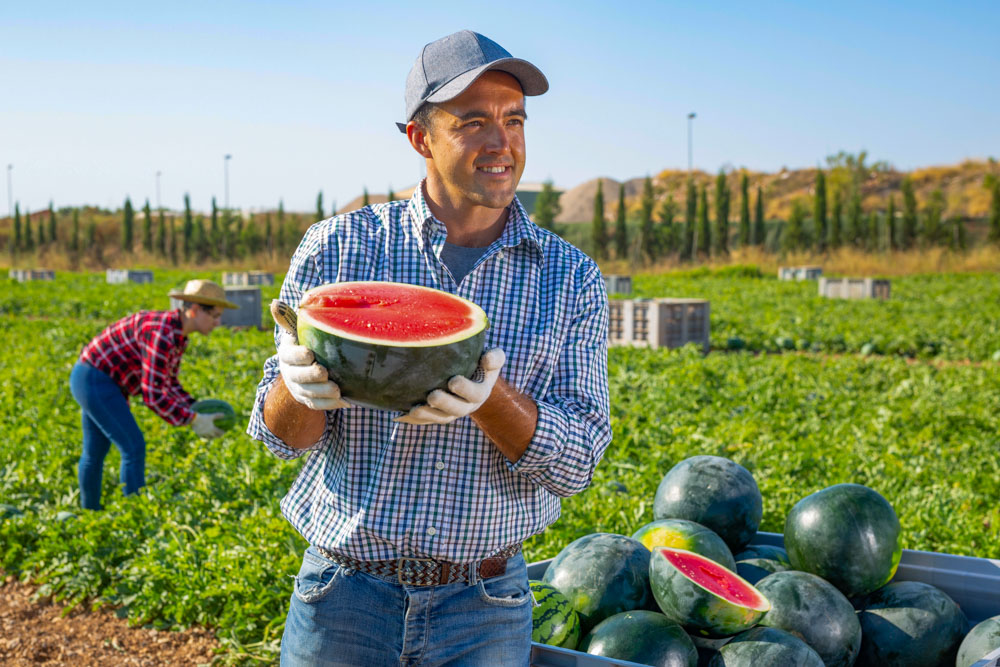Good Agricultural Practices, commonly referred to as GAP, are a set of guidelines and principles that help farmers produce safe, high-quality food while minimizing environmental impact and ensuring the well-being of agricultural workers. These practices encompass a wide range of activities, from the careful management of soil and water resources to the responsible use of pesticides and fertilizers. GAP are not just about compliance with regulations; they are about fostering a culture of sustainability, safety, and efficiency in farming.
Key Components of Good Agricultural Practices
Good Agricultural Practices (GAP) cover every aspect of agricultural production. They begin with soil health management, ensuring that the foundation of any farming operation is strong and sustainable. Farmers are encouraged to implement practices like crop rotation, cover cropping, and reduced tillage, which improve soil structure and fertility. Water management is another critical component, focusing on the efficient use of water resources to prevent wastage and protect local ecosystems.
Additionally, GAP include guidelines on the proper use of agrochemicals. Farmers are trained to apply pesticides and fertilizers in a manner that minimizes environmental impact while effectively managing pests and diseases. Worker safety and welfare are also prioritized, with GAP promoting fair labor practices and safe working conditions on farms.
The Importance of Good Agricultural Practices
The need for GAP has grown as global demand for food safety, environmental protection, and sustainable agriculture has intensified. With increasing consumer awareness and stringent food safety regulations, GAP help farmers meet these demands while protecting the environment. By following GAP, farmers contribute to the preservation of natural resources, reduction of greenhouse gas emissions, and protection of biodiversity.
The Benefits of GAP for Farmers
Adopting GAP not only meets regulatory and market requirements but also enhances farm productivity and profitability. Healthy soils lead to higher crop yields, efficient water use reduces costs, and responsible chemical use improves crop quality. Moreover, GAP-certified farms often gain access to premium markets that value sustainable and safe food production.
How AgNote Can Help
AgNote simplifies the process of implementing Good Agricultural Practices (GAP) by providing farmers with essential tools to monitor soil health, manage water use, and track agrochemical applications. This user-friendly platform helps ensure compliance with GAP guidelines, making it easier for farmers to maintain the records needed for certification and access to premium market.
Experience the benefits firsthand by registering for AgNote’s free 7-day trial. Discover how AgNote can enhance your farm management and support your commitment to sustainable farming.
